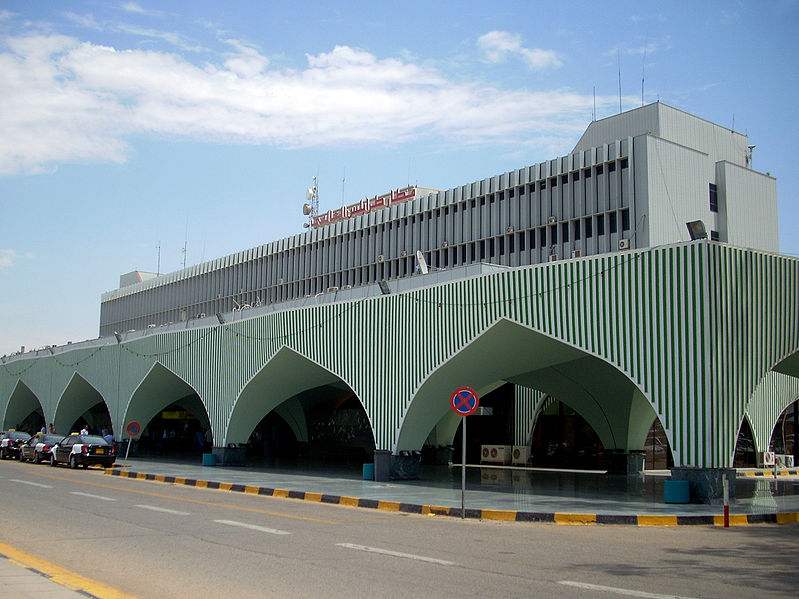Last Thursday, the Tripoli-based Central Bank of Libya temporarily suspended the chairman, Naaman Elbouri, and the directors of the privately-owned ATIB (Assaraya Trading and Investment Bank) and installed a temporary board.
The CBL decision (No. 103 of 2023) installs a temporary management committee for ATIB for a period of six months.
Suspension is a temporary measure that the law grants the CBL Governor for six months in specific cases. Replacement of a bank’s board can only be done by shareholders and would require the bank’s General Assembly to meet and elect new board members.
In a message from the Chairman of ATIB, Naaman Elbouri, to the bank’s executive management and the work team, he said, based on our faith in the rule of law, we accept the Governor’s Decision to appoint the Interim Management Committee for a period of six months in order to preserve the workflow of the bank, while retaining our right to litigate the aforementioned decision.
He affirmed that his bank is financially solid and operates under the umbrella of the law with the application of international standards. He said ATIB is considered one of the best Libyan banks in providing distinguished services.
Elbouri feels that the CBL has wrongly used the power to suspend a bank’s board and its chairman and considers that the use of this power does not apply to ATIB in this instance.
The move has been criticised by one of the bank’s leading shareholders, businessman Husni Bey, who pointed out that there had been “intensive” inspections by officials, who had praised the bank’s performance and its staff, and that the bank’s capital and structure were “not within the competence or concern” of the CBL.
CBL’s unsound monetary policies
Bey is one of the leading, open, and vocal critics of the CBL’s monetary policies. He feels that his criticism is constructive, pointing out that the CBL’s policies caused division between the seven members of its Board of Directors.
This division led to a west-east split of the board. This resulted in printing LD 40 billion in both the East and West, which in turn led to the depreciation of the Libyan Dinar by 65 percent. Bey believes it also caused the so called ‘‘Letter of Credit wars’’ from 2016 to 2019 and resulted in rampant inflation throughout the years of 2015-2020.
It is believed that this constant vocal criticism of CBL policies by one of ATIB’s leading shareholders that led to ATIB being singled out and inspected over the past years by the CBL – more than any other bank in Libya. Yet despite these almost forensic regular inspections, ATIB had ironically only received praise and commendation by all the banking committees appointed by CBL.











